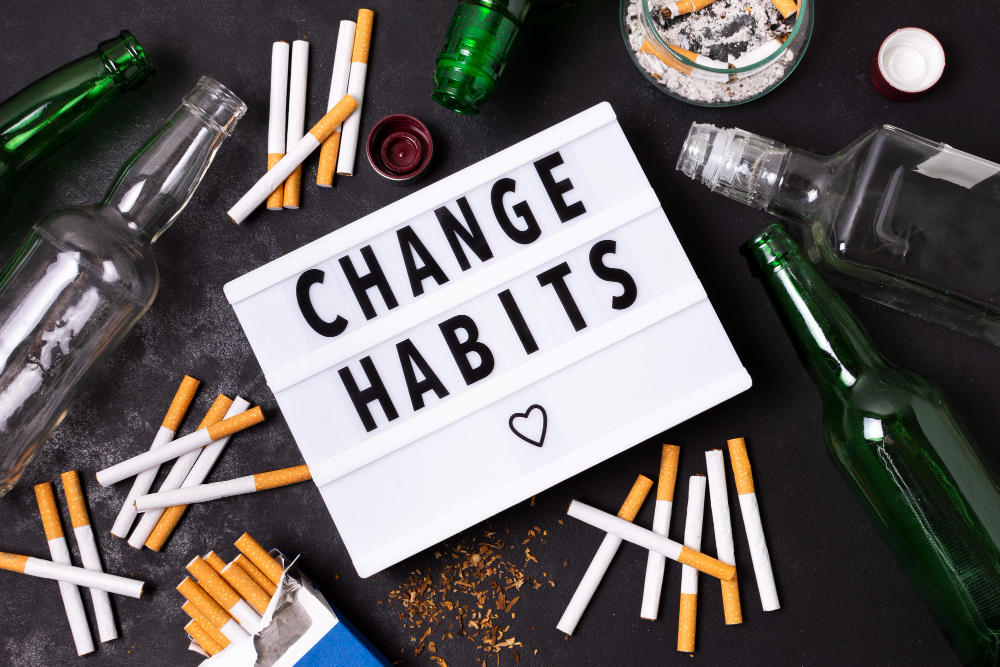
Addiction is an incredibly challenging battle that affects millions of people, their loved ones, and communities as a whole. Whether it’s substance use, gambling, or other compulsive behaviors, addiction can take an emotional, physical, and psychological toll. Recovery may feel overwhelming, but it is not a path that anyone needs to walk alone. Professional support, such as working with a skilled counselor, plays a pivotal role in helping individuals overcome addiction and regain control of their lives.
If you’re in Winter Park, FL, and searching for guidance, this blog will highlight the importance of seeking professional help and why it is a critical step on the road to recovery.
The Nature of Addiction
Addiction is not simply a lack of willpower or moral failing; it is a complex condition influenced by several factors, including biological, psychological, and environmental elements. At its core, addiction rewires the brain, making it incredibly difficult for individuals to quit on their own—even when they desperately want to.
How Addiction Impacts the Brain
Addiction hijacks the brain’s reward system by releasing an excessive dose of dopamine, which creates feelings of euphoria and reinforces the addictive behavior. Over time, the brain becomes dependent on the substance or activity, reducing its natural ability to regulate emotions and form healthy coping mechanisms. This is why addiction becomes a cycle that feels impossible to break without support.
Understanding the physiological and psychological grip of addiction underscores why overcoming it requires more than just willpower; it demands a comprehensive and structured approach.
Why Professional Support is Crucial in Recovery
Working with a professional, such as a counselor or therapist, can make a world of difference in overcoming addiction. Here’s why:
1. Personalized Treatment Plans
No two journeys through addiction are identical. A skilled counselor creates a tailored treatment plan that addresses the root causes of your addiction while considering factors like your history, triggers, and goals. For example, someone experiencing substance use as a coping mechanism for untreated trauma may require a different approach than someone struggling with social pressure.
Personalized plans also adapt over time, ensuring that as your needs evolve, so does the support you receive.
2. Access to Effective Methods and Techniques
A professional therapist brings evidence-based approaches and specialized techniques to address addiction. Cognitive-behavioral therapy (CBT), for example, is a widely-used method that helps individuals identify and change unhealthy thought patterns. Techniques like motivational interviewing support clients in finding their internal drive to change, while trauma-informed care ensures any past pain is handled compassionately.
These tools go far beyond techniques that anyone could self-apply, offering proven pathways to healing.
3. Accountability and Guidance
Self-accountability can be hard when battling addiction. A therapist offers a judgment-free space where you can openly discuss setbacks while receiving unwavering encouragement to forge ahead. Regular therapy sessions provide a structured routine, ensuring you stay on course as you work toward becoming healthier and stronger.
4. Addressing Underlying Issues
Addiction is often just the visible symptom of deeper issues. A counselor helps uncover and address factors such as emotional trauma, anxiety, depression, PTSD, or low self-esteem that may have contributed to the addiction in the first place. By working through these challenges, you can create a more stable and lasting recovery.
5. Support for Loved Ones
Addiction doesn’t just affect the individual struggling; it also impacts family and friends. Professional counselors often provide family therapy to help loved ones heal and rebuild trust. These sessions encourage better communication and educate family members on how to support someone in recovery effectively.
6. Relapse Prevention
Even after recovery has begun, relapse remains a risk. The support of a professional counselor in identifying potential triggers and developing strategies to handle them can significantly reduce the chance of relapse. Through open dialogue and life skills training, clients are equipped to handle high-risk situations without falling back into old patterns.
Why Local Support Matters
For residents of Winter Park, FL, having access to a trusted counselor nearby can make the recovery process smoother and more effective. Here’s why seeking local support matters:
- Convenience: It’s easier to attend regular therapy sessions when they’re nearby, ensuring continuity of care.
- Community Resources: Local professionals often have connections to support groups, recovery communities, and programs that can enhance your recovery process.
- Tailored to Your Environment: A professional counselor in Winter Park, FL, understands the unique stressors and cultural nuances of the area, offering solutions that align with your lifestyle.
Breaking the Stigma of Seeking Help
It’s important to recognize that seeking professional support is not a sign of weakness; it’s a powerful step toward healing and growth. The stigma surrounding therapy and addiction treatment often prevents people from taking this first step, but breaking free from these misconceptions is essential.
The most successful stories of recovery begin when someone has the courage to reach out for assistance.
The Role of the Counselor
Counselors do more than treat addiction; they empower clients to rebuild their lives. They walk alongside you, offering empathy, expertise, and encouragement. They serve as allies in your darkest moments and guides toward brighter days.
Whether you’re just beginning to consider therapy or have tried other methods in the past, a counselor can help you make meaningful progress and rediscover hope.
Take the First Step Toward Recovery Today
Recovery is not about perfection; it’s about progress. Overcoming addiction may not be easy, but with the right support, it is possible.
If you’re in Winter Park, FL, and ready to take control of your life, Orlando Thrive Therapy is here to help. Our experienced counselors specialize in creating personalized strategies designed to meet your unique needs, helping you achieve a healthier, happier future.
Don’t wait. Contact Orlando Thrive Therapy today and schedule your consultation. Your journey to recovery starts now.
